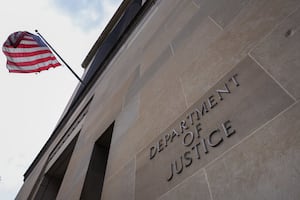The Senate Standing Committee on Information Technology and Telecommunications held a crucial meeting this week, focusing on the rise of illegal call centers operating in Pakistan. The session revealed alarming insights into how these unlicensed call centers are involved in large-scale financial fraud, digital scams, and international money laundering through cryptocurrency.
During the briefing, lawyer Tariq Khattak informed the committee that numerous illegal call centers are actively operating across Pakistan, engaging in fraudulent activities with foreign nationals. He explained that these centers commonly employ fake emails, fabricated social media profiles, and impersonation tactics to deceive individuals.
“These operations are not just scams, they are harming Pakistan’s economy,” Khattak warned. He emphasized that while the Pakistan Telecommunication Authority (PTA) should be regulating these centers, PTA officials claimed they do not issue licenses to call centers nor actively regulate them.
The director of the National Cybercrime Investigation Agency elaborated on how these scams typically unfold. He explained that operators register themselves as IT companies and then use social media profiling to lure victims, often with fake female identities. Victims are manipulated into investing money through fake promises of high returns.
“They create Telegram groups to entice people to invest,” the director said. “Once someone asks for their money back, they’re immediately removed from the group.”
The Cybercrime Agency has raided 54 illegal call centers across the country, arresting 254 suspects. Islamabad alone saw the highest number of crackdowns. Each call center reportedly employs between 300 to 400 people, many of whom are young professionals unaware of the full extent of the fraud.
The call centers assign teams specific tasks, from creating fake social media accounts to contacting victims and showing fabricated income proofs online. The scams start with high-profit returns on small investments, eventually leading to large-scale frauds routed through crypto channels and laundered abroad.
Despite these alarming developments, many arrested suspects are granted bail, with courts often citing that the fraud did not affect the complainant personally.
“There’s no proper law protecting personal data in Pakistan. Until we pass data protection legislation, financial scams will continue to flourish,” warned Senator Afnan Ullah.
Senator Palwasha Khan also pressed for accountability in specific cases, asking, “Who was behind the Faisalabad call center?” The Cybercrime Agency responded, “Everyone knows the answer.”
While PTA denies regulatory responsibility, the Pakistan Software Export Board (PSEB) does not issue operational licenses, leaving a dangerous legal void that fraudsters are exploiting.
The Senate committee called for immediate action, legal reform, and enhanced cybersecurity oversight to combat the growing threat posed by illegal call centers operating under the guise of legitimate IT companies.









No Comment! Be the first one.